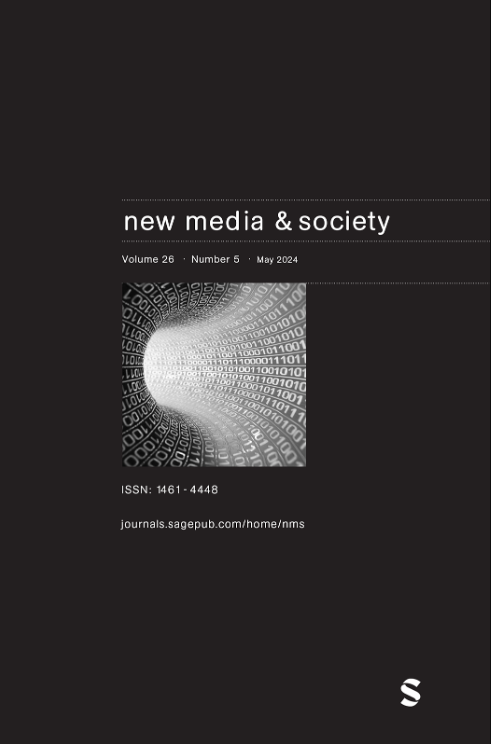Debunking the corporate paint shop: Examining the effects of misleading corporate social responsibility claims on social media
IF 4.5
1区 文学
Q1 COMMUNICATION
引用次数: 0
Abstract
Misinformation thrives on social media, prompting much research into social media interventions such as debunks. This paper tests debunking’s effectiveness against an understudied but prominent form of online misinformation: misleading organizational claims of corporate social responsibility, or CSR-washing. British participants ( N = 657) took part in a preregistered experiment with a 2 (debunk: present, absent) x 3 (CSR-washing: greenwashing, bluewashing, purplewashing) between-subjects design. They saw an Instagram ad from a fictional clothing company that showcased its dedication to environmental sustainability, gender equality in the workplace, or the elimination of child labor. Half of the participants then received a debunk. Unlike most previous research which showed continued influence of misinformation after debunking, we found that the debunks were very effective: they reversed the persuasive effects of CSR-washing, resulting in negative brand attitudes and low purchase intentions. Several explanations for this finding are discussed, highlighting CSR-washing’s distinctiveness from many other forms of misinformation.揭穿企业油漆店:考察社交媒体上误导性企业社会责任声明的影响
错误信息在社交媒体上大行其道,促使人们对社交媒体干预措施(如揭穿)进行了大量研究。本文针对一种未被充分研究但却十分突出的网络误导信息形式--误导性的企业社会责任声明(或称 "企业社会责任洗白")--测试了揭穿的有效性。英国参与者(N = 657)参加了一项预先登记的实验,该实验采用 2(揭穿:存在、不存在)×3(企业社会责任洗白:绿色洗白、蓝色洗白、紫色洗白)的被试间设计。他们在 Instagram 上看到了一家虚构服装公司的广告,广告展示了该公司在环境可持续发展、工作场所性别平等或消除童工方面的努力。然后,一半的参与者收到了一条揭穿广告的信息。以往的大多数研究表明,揭穿广告后,错误信息的影响仍在继续,与此不同的是,我们发现揭穿广告非常有效:它们扭转了 "企业社会责任洗礼 "的说服效果,从而导致负面的品牌态度和较低的购买意向。我们讨论了这一发现的几种解释,强调了 "企业社会责任洗白 "与许多其他形式的错误信息的不同之处。
本文章由计算机程序翻译,如有差异,请以英文原文为准。
求助全文
约1分钟内获得全文
求助全文
来源期刊

New Media & Society
COMMUNICATION-
CiteScore
12.70
自引率
8.00%
发文量
274
期刊介绍:
New Media & Society engages in critical discussions of the key issues arising from the scale and speed of new media development, drawing on a wide range of disciplinary perspectives and on both theoretical and empirical research. The journal includes contributions on: -the individual and the social, the cultural and the political dimensions of new media -the global and local dimensions of the relationship between media and social change -contemporary as well as historical developments -the implications and impacts of, as well as the determinants and obstacles to, media change the relationship between theory, policy and practice.
 求助内容:
求助内容: 应助结果提醒方式:
应助结果提醒方式:


